
How to sign your tax refund electronically after the tax refund is submitted?
How to sign your tax refund electronically after the tax refund is submitted?
Tax returns when filed electronically are convenient and can help you in getting back your tax refund very quickly as compared to filing a tax return by paper. In case of electronic filing of tax returns, after filing of the tax return you will have to do your signature electronically.
A tax return can be signed electronically by the use of a PIN (Personal Identification Number). PIN is a six-digit number that is assigned to taxpayers to prevent the misuse of their SSN (Social Security Number) in making fraudulent tax returns. By a PIN, IRS can identify an eligible taxpayer and thus, accept his tax return which has been filed electronically. So, if you have your PIN then it will not allow anyone else to file a federal tax return by using your SSN.

For signing your tax return which you are filing electronically, you will need the use of
- Self-Select PIN
- Practitioner PIN
Self-Select PIN
By the self-select PIN (SSP) method, you can select any five-digits except all digits being zero. This five-digit number helps in serving as your electronic signature. You can use your date of birth, prior SSP or your original prior-year adjusted gross income (AGI). This will help in authenticating your identity and no one can misuse your identity.
Original Prior Year Adjusted Gross Income (AGI) is used by many taxpayers as SSP for authenticating their identity. Usually, tax-preparing software will use the information of the previous years for the returning customers but if you are using tax-preparing software for the first time then there are various methods to determine your AGI such as
- In your Form-1040 of last year, you would find out the AGI on Line 7.
- If you have used a paid tax-preparer last year, then you will be able to obtain a copy of the tax return done last year from the preparer.
- In case you are using the same tax-preparer as that of the last year, it will most probably have your prior year Adjusted Gross Income.
- Also, if you are using different tax-preparing software this year you can access the previous year software and get a copy of the tax return filed.
- In case you are above the age of 16 years and are filing the tax returns for the first time then you can use one single zero as your AGI.
Practitioner PIN
By the practitioner PIN method, you are authorizing your tax practitioner to generate your PIN. By this method, the tax-preparer will verify your identity and then give a signed Authorization form to the tax practitioner. This form is Form-8879 which is the IRS e-file Signature Authorization form and you must provide this form to your tax professional along with your SSP which you would have determined. However, in this method, there is no need for determining your previous AGI, date of birth, etc.
Some of the taxpayers such as primary taxpayers who are below the age of 16 years and have never filed a tax return previously or secondary taxpayers who are below the age of 16 years and have not filed the tax return in the previous year cannot use SSP method for identity authentication. However, they can use the Practitioner PIN method for making an electronic signature after-tax refund is filed.
Again while filing your tax returns; if you have to submit specific documents then you can do that by Form-8453 which is the US Individual Tax Transmittal for an IRS e-file return. This form will help in the transmission of paper documents or any supporting documents. IRS always advises the taxpayers to keep a copy of your tax returns and Form-8879 for future form.
Conclusion
Hence, even though the electronic medium of filing tax has made the entire process easier there is a need for maintenance of security while the operation is being performed. This is feasible by authenticating your identity through your electronic signature and the use of self-select PIN, practitioner PIN.

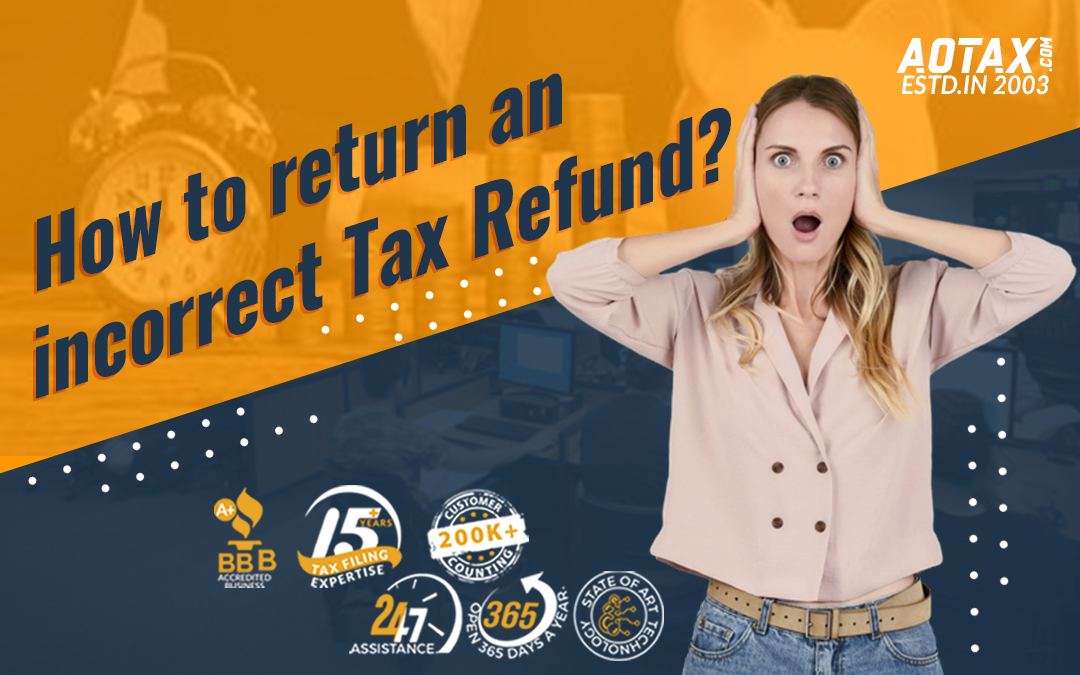
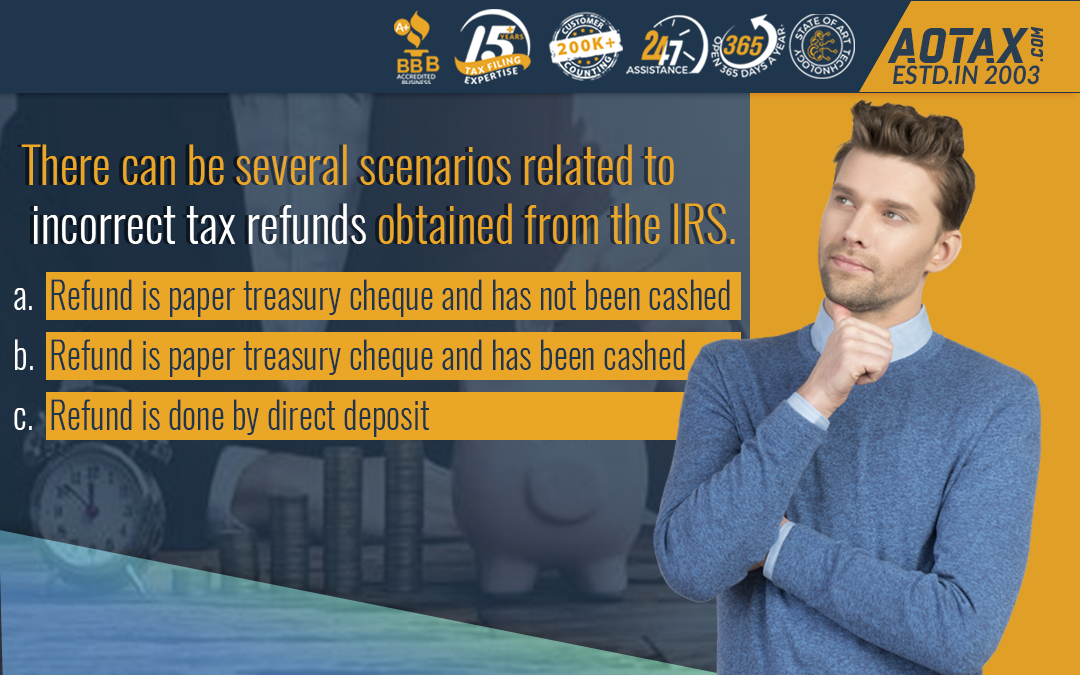


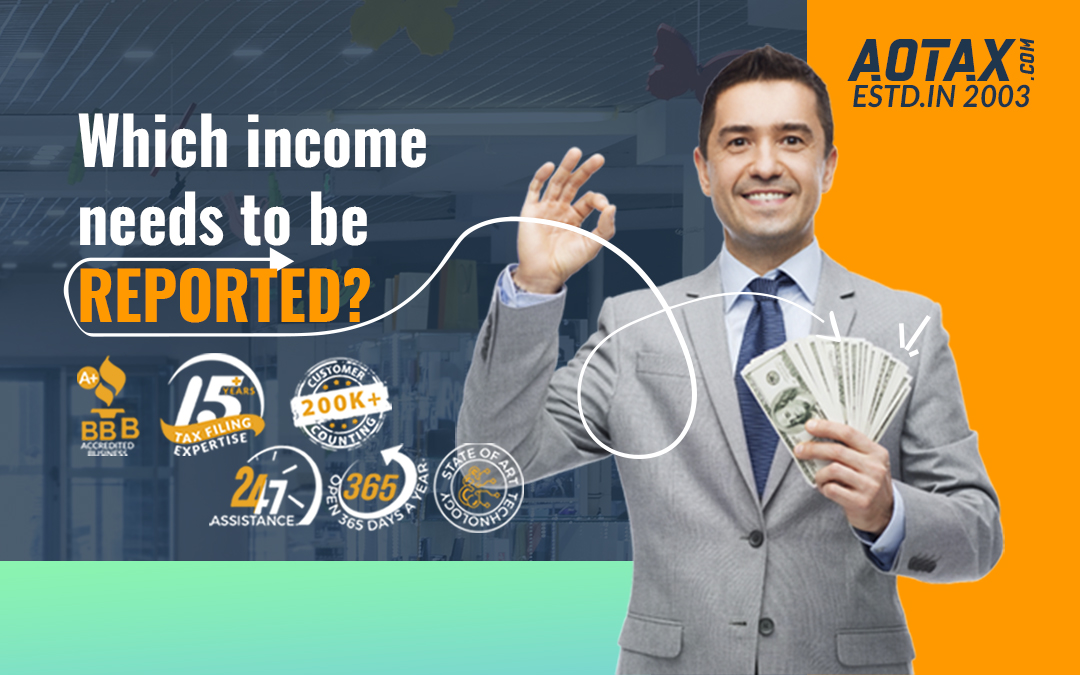
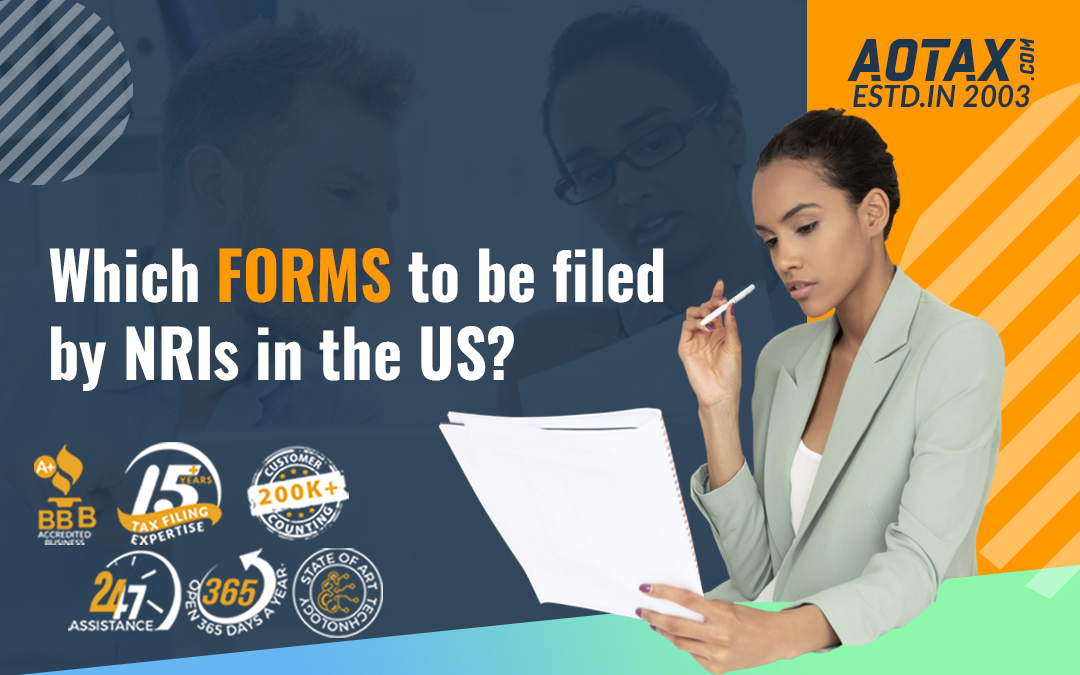



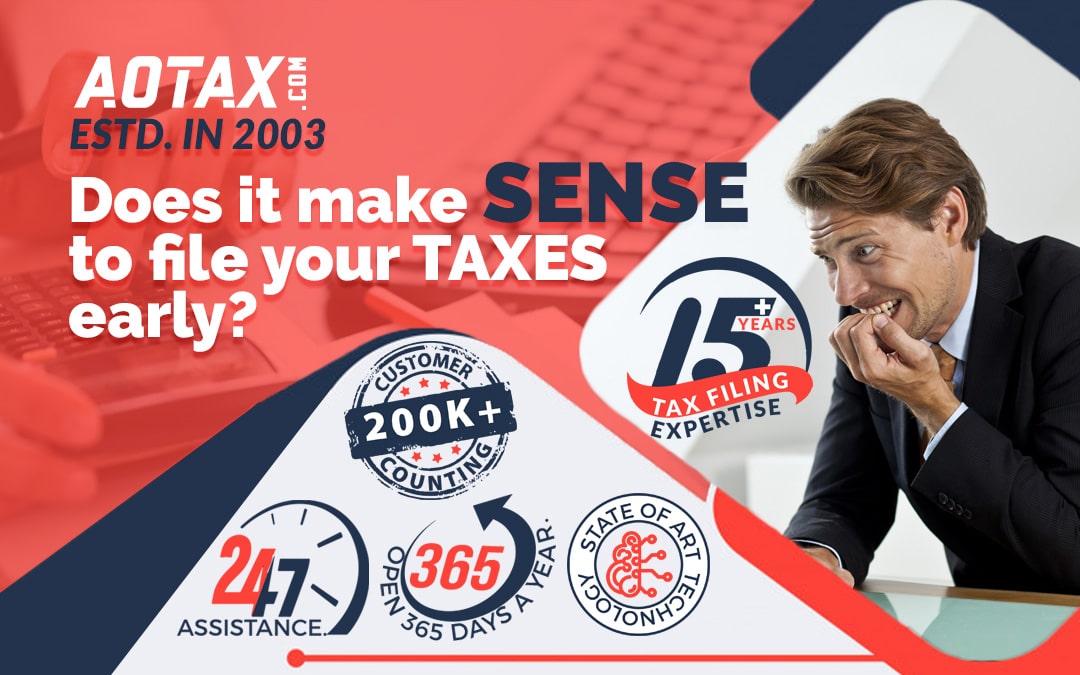
Recent Comments